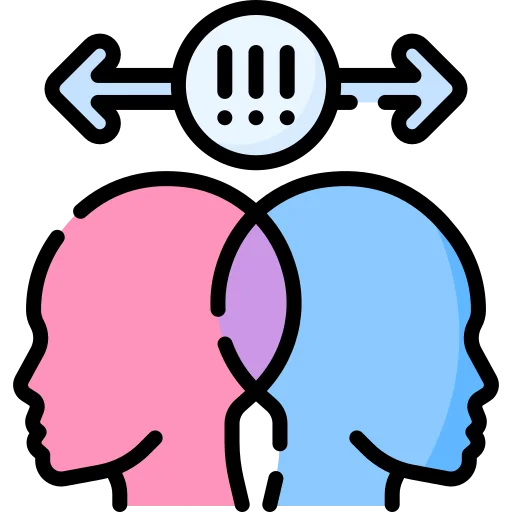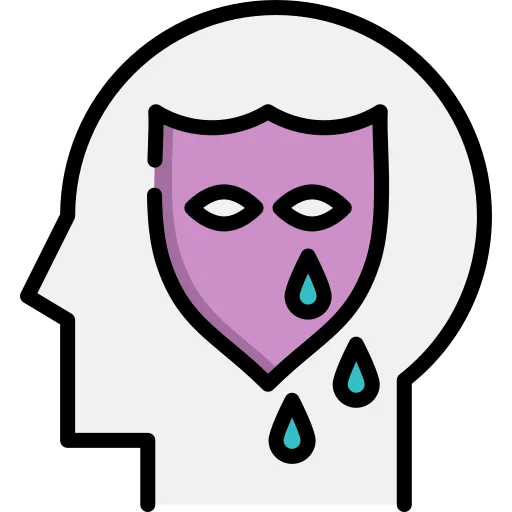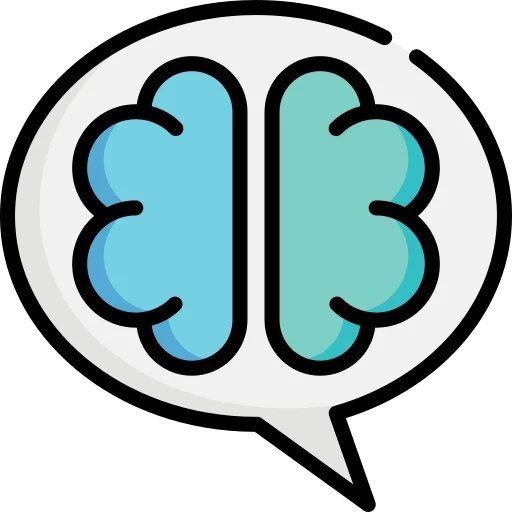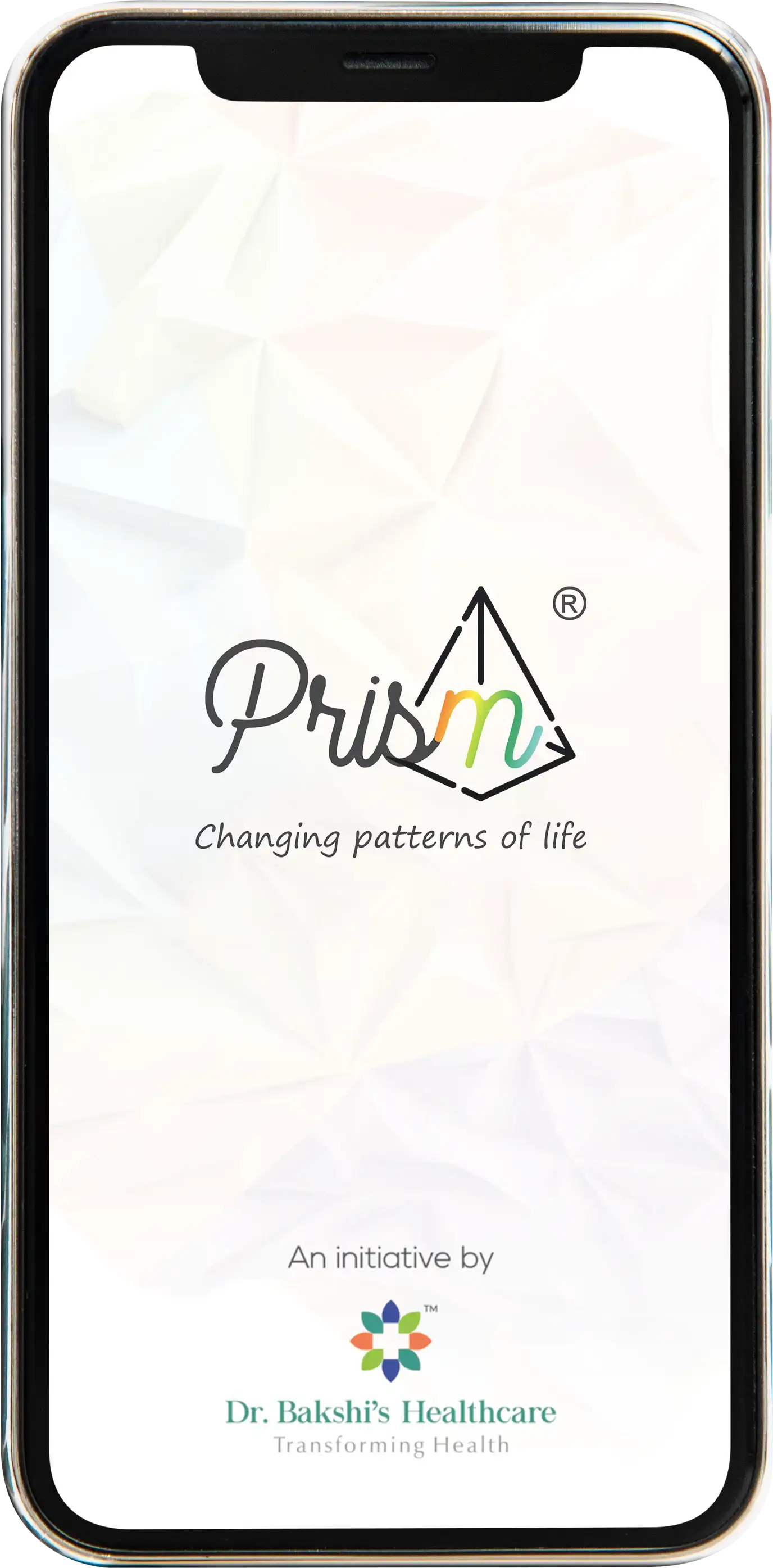Psychological Assessments for Adults
Psychological assessment for adults plays a critical role by providing a thorough evaluation of an individual's emotional, behavioural, and cognitive functioning, which enables early diagnosis and the development of personalized treatment plans. The mental health of adults is essential for overall well-being and life satisfaction.

Evidence-backed assessments

Evaluations conducted by qualified and experienced professionals

Personalized care plans with a holistic approach to individual needs

Detailed Report & Recommendations
Areas for assessments

Assessment of Personality
Assesses personality traits and characteristics to gain insight into individual differences in adults. This evaluation helps in understanding how personality impacts behaviour, relationships, and emotional well-being.

Assessment of Cognitive Abilities
Measures an adult's cognitive functioning through standardized tests, providing insights into problem-solving skills, reasoning, and overall intellectual performance compared to peers.

Emotional Assessment
Evaluates an adult's emotional state and regulation capabilities, identifying issues such as anxiety, depression, or mood disorders. This assessment aids in developing strategies for emotional support and intervention.

Behavioural Assessment
Observes and evaluates an adult's behaviour in various settings to identify patterns or issues. This assessment helps in understanding behaviour triggers, social interactions, and emotional responses, facilitating tailored intervention strategies.

Neurological Assessment
Evaluates neurological functioning in adults to identify potential cognitive disorders or brain injuries. It includes tests for motor skills, sensory processing, and cognitive abilities to understand brain function and health.
Holistic care for mental wellness

Multidisciplinary Team Care

Preventive Health Measures

Psychological Assessments

Individualized Treatment Plans

Psychotherapy

Medication Management

Support Groups

Educational Support Services

Mindfulness and Stress Reduction Techniques
Why choose Prism?
Prism is a mental health application designed to provide individuals with a comprehensive platform to support their emotional and psychological well-being.
FAQs
A clinical assessment for adults is a comprehensive evaluation of an individual's emotional, behavioural, and cognitive functioning. It aims to identify mental health conditions and guide treatment planning.
Adults may seek a clinical assessment to address concerns such as persistent anxiety, depression, relationship issues, changes in mood, or difficulties managing stress, among other mental health challenges.
Common assessments for adults include psychological evaluations, personality assessments, cognitive testing, and emotional assessments to measure various aspects of mental health and functioning.
A clinical assessment typically involves interviews, questionnaires, and standardized tests conducted by qualified mental health professionals to gather information about the individual's history and current functioning.
The duration of a clinical assessment can vary but generally takes between one to three hours, depending on the complexity of the individual's needs and the types of assessments administered.
The results of a clinical assessment are used to diagnose mental health conditions, inform treatment strategies, and develop personalized care plans that address the individual's unique needs.
Yes, clinical assessments are generally confidential, with results shared only with the individual and authorized professionals involved in their care, unless disclosure is required by law.
Adults preparing for a clinical assessment should reflect on their mental health concerns, gather any relevant medical history or previous treatment information, and be ready to discuss their feelings and experiences openly.
Adults can seek a clinical assessment at any age, typically starting from 18 years old, although younger individuals may undergo assessments if referred by a parent or guardian.
Yes, follow-up appointments are often necessary to discuss the results, explore treatment options, and monitor progress over time.
It's helpful to bring any previous medical records, a list of medications you are currently taking, and any notes about your mental health history or concerns. This information can provide valuable context for the assessment.




